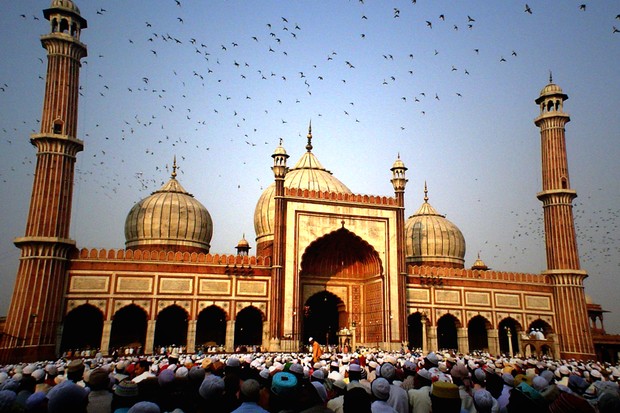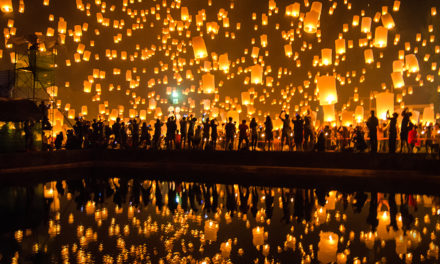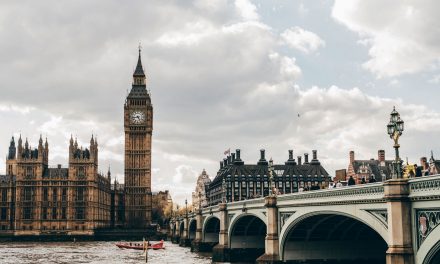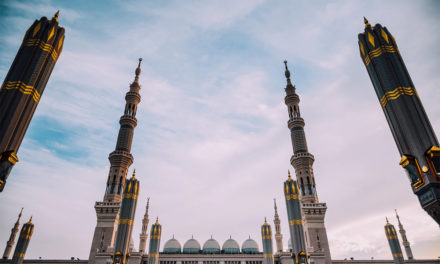There has never been a moment, at least in my lifetime, where the entire Muslim community has been affected singularly by one thing.
But with so many places of worship closed due to the coronavirus pandemic which affects the rituals and social norms of Muslims, Ramadan is anticipated to be a bit different this year.
How it is normally celebrated
This year, Ramadan starts around April 24 and lasts for a month. During this time, Muslims typically fast from dawn until sundown and eat together.
It is one of the most alive times of the year for Muslims. If you travel to any Muslim countries around the world at any given night in Ramadan, everyone is out in the street, it’s loud and there are beautiful lights on balconies and mosques. People are accompanying their families and friends and cooking an array of foods.
Ramadan brings out a positive mood in people where they look forward to the celebration of their communities, culture and heritage in a direct relationship to God.
However, because of COVID-19, Muslims this year will not be able to gather like this, jeopardizing the communal element of the holy month.
Why the loss of gatherings is detrimental for Muslims
Many Muslim services are predicated on being around other people. One of the 5 pillars of Islam, prayer, is often recommended to be observed around others during this time.
But the mosque is more than a place for Muslims to gather for prayer. Many also go there to break their fasts or participate in Zakat, another pillar of Islam meaning charity, where Muslims feed others who are less fortunate and donate whatever they can.
The mosque oftentimes also serves as a first line of defence for a lot of social events and happenings like marriage, divorce, or counselling.
People who cannot pay the rent or have financial difficulties also see the mosque as the first place to go because it is a community they trust most to help.
Global anti-Muslims sentiments
In some places, COVID-19 has inflamed Islamophobia. In India, a cluster of cases were traced to one mosque and Muslims were blamed for spreading the virus.
Recent events against Muslims in Kashmir, China, larger partners of India, and places in the West have given more room to anti-Muslim sentiments around the world.
Read more: India’s Citizenship Bill is Raising Havoc Across the Country
Whenever one part of the Muslim community anywhere is in pain or suffering, the entire community feels it because we all see ourselves as brothers and sisters. With a global pandemic, that is now being challenged.
People are still finding other ways to serve
Just because gatherings are banned does not mean that Ramadan will go uncelebrated. Many prominent Muslim leaders in their communities are doing virtual live streams, sermons on social media or holding community gatherings on video chatting apps like Zoom.
A lot of people are also coming together to convert mosques or Islamic centres into places of donation where people can give food to volunteers to donate through contactless home delivery.
Whether gatherings are held in person or virtually, the Muslim community continues to scope out ways to help those around them.
- Travellers are Rethinking Flying as Flight Shaming Takes Off - 1st March 2021
- Oxford-Backed Project Connects Partition Survivors to Their Ancestral Homes - 22nd February 2021
- Helping Your Own: A Young Aslyum Seeker Explains the Importance of Volunteering in the COVID Era - 7th September 2020






